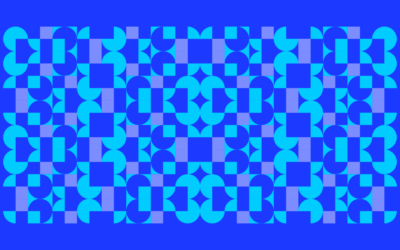Men and women having undergone an operation can avoid some surveillance visits to the hospital by carrying an electronic device with them; doctors can remotely diagnose patients from little villages with no medical centre or can direct a surgical operation from a different city; nurses and clinicians can have an immediate access to a patient’s information thanks to a mobile device. How? The answer, of course, is technology and development.
The new wave of digitalization is also affecting hospitals and healthcare. A growing number of apps and digital services are letting doctors automate processes and make patients’ contact simpler and more direct. And although concerns may exist that this could originate security and accuracy problems, eHealth (and mHealth, the term used to refer to smartphone apps and services) could bring health care to places where it is now unreachable. It seems though that, according to a World Health Organization (WHO) report, higher-income countries still show more mHealth activity than lower-income countries do; which, on the other hand, seems quite normal, considering development levels and purchasing power. But one could say that, cost-effective as they are, eHealth services could be a good starting point for other development actions.
Countries such as Australia are already aware of this potential, as we can read in The Australian. A system has been implemented for “about 30,000 Australian Defence Force members” which consists on “an integrated primary care platform that contains information from personnel’s GP, dentist, physiotherapy and psychology services […] In future, X-rays and MRIs can be attached to each record or stored by the provider and accessed by the doctor”. And it is, among other objectives, to help to implement these eHealth services in low- and middle-income countries that the WHO has also created the Global Observatory for eHealth, aiming to “monitor the development of eHealth worldwide, with an emphasis on individual countries”. eHealth seems to be transforming radically the way health care is conceived and how it will be seen in the (not-so-distant) future.
From FIWARE, we have also witnessed some of these eHealth applications already in use, as those promoted by FI-STAR. Among them, we can consider a tele-health network for Diabetes patients (Tromsø, Norway), a bar-coding for real time medicament supply chains (Leeds, UK), the virtualization of surgical environments and real time data monitoring (Munich, Germany) or an online cardiology service for people with heart failure (Bucharest, Romania), among others. Now, four of the accelerators of the FIWARE Accelerator Programme are accepting proposals on the eHealth domain. These are FI-ADOPT, FINODEX, FI-C3 and FICHe. Two of them have already opened their open calls, so proposals can be already submitted. Do you have the idea that could help thousands of people have access to a better healthcare system? Do not hesitate! Submit your proposal!
But we can all be sure that the examples mentioned above are just the tip of the iceberg. There is much to be learnt! Do you know any other case that deserves to be mentioned?



